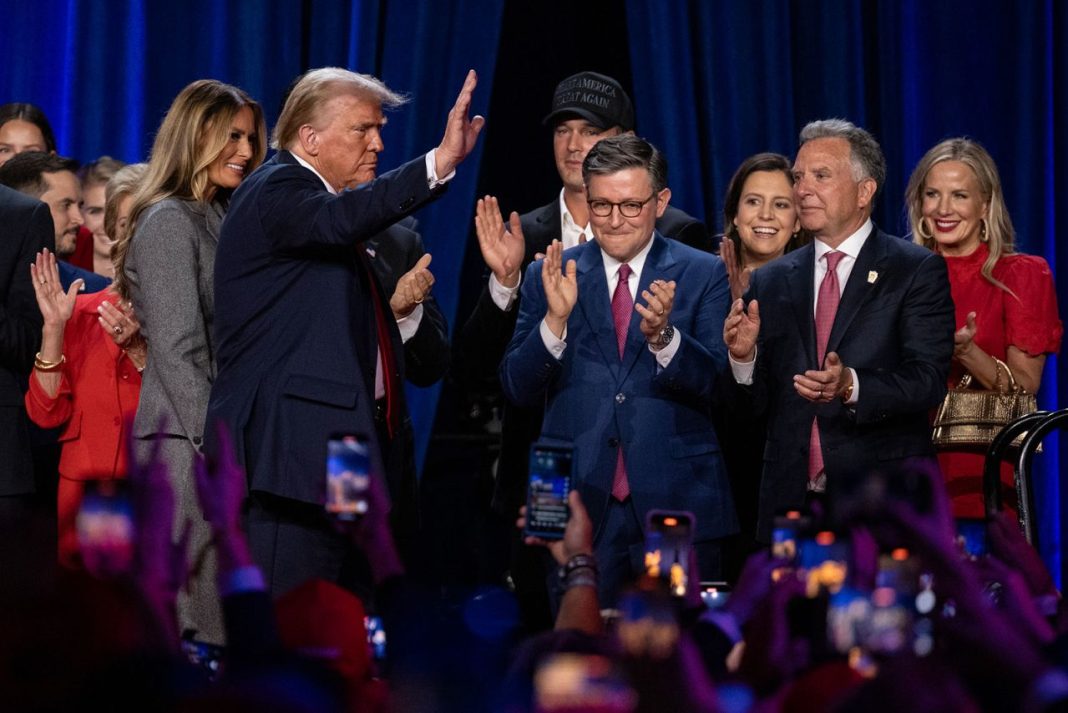This comes after the reformist newspaper Etemad, owned by Hazrati, published an article suggesting that relations with the U.S. could benefit both countries and should not be influenced by religious considerations.
Kayhan’s column, published on Thursday, highlighted the irony of Iranians closely following the U.S. elections, linking domestic economic issues to external events like the American votes.
Mohammad Sadegh Javadi Hessar, a member of the Central Council of the National Trust Party, was quoted in Etemad advocating for U.S. relations, arguing that it could address economic challenges and benefit national interests.
He emphasized that adhering to anti-money laundering Financial Action Task Force (FATF) regulations and engaging with the U.S. could alleviate international sanctions and improve Iran’s global relations.
Mohammad Taghi Fazel Meybodi also expressed in Etemad that the prolonged severance of the Iran-U.S. relations has not yielded positive results for Iran, citing economic hardships and high inflation as consequences of the disconnect among other things.
Kayhan countered these views by recalling historical instances of U.S. betrayal, since 1953 when Iran’s democratically-elected government was toppled in a U.S.-orchestrated coup until recent times when Washington reneged on the landmark 2015 nuclear deal.
The newspaper emphasized the need for caution and skepticism in dealing with the U.S. and criticized Etemad for seemingly ignoring Washington’s “past deceptions” and the economic struggles during the period of the Joint Comprehensive Plan of Action (JCPOA) atomic accord.
